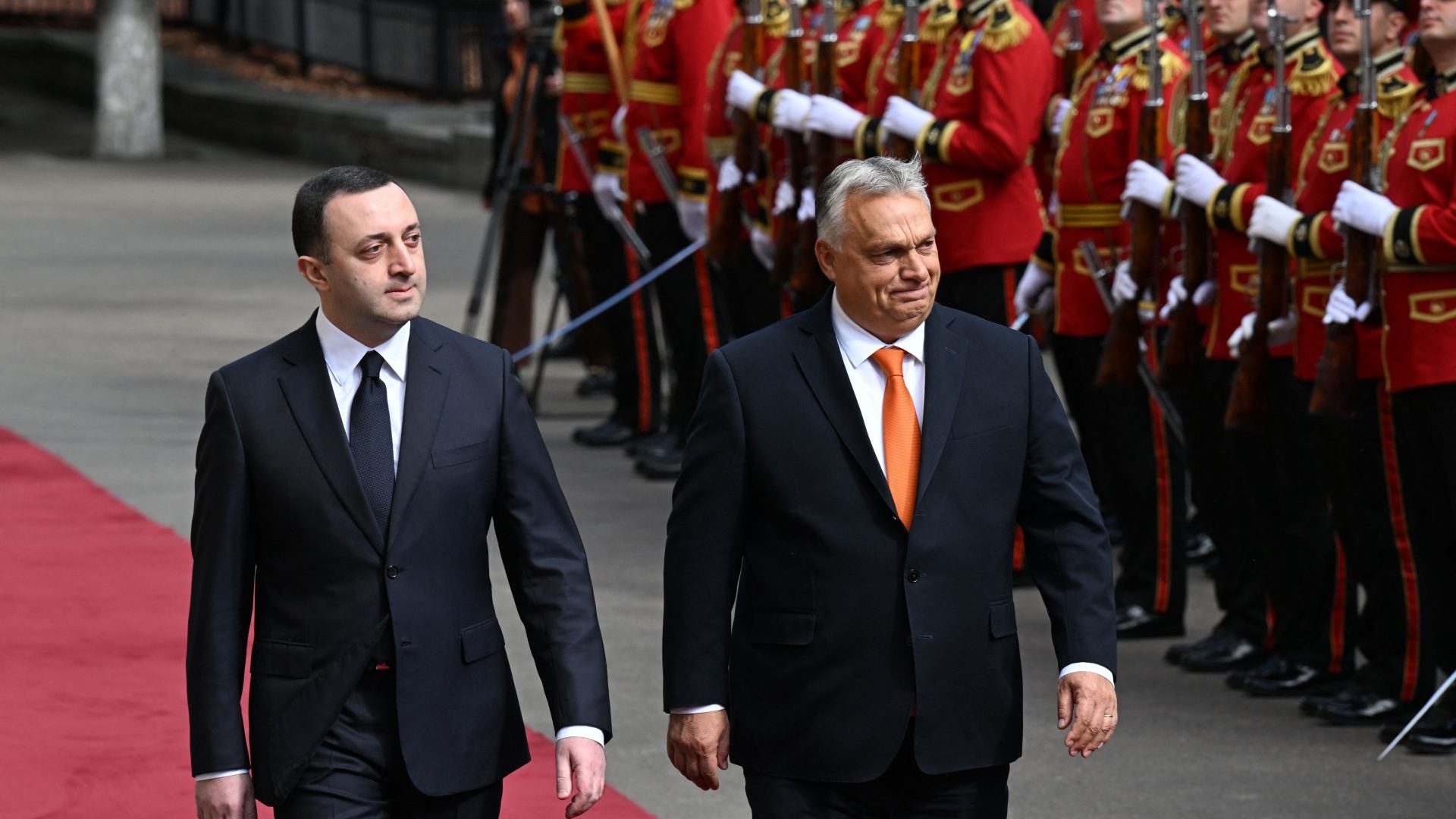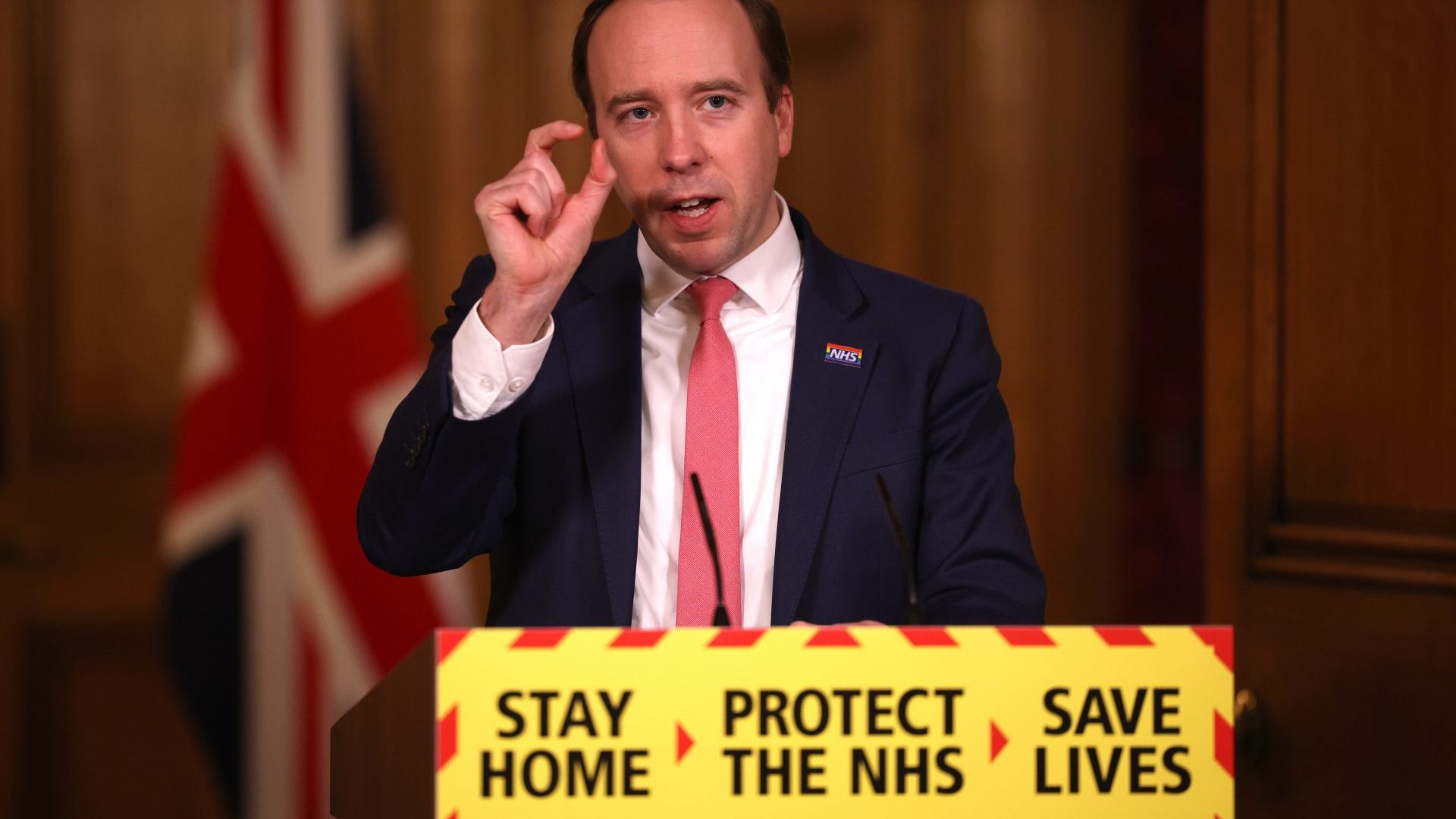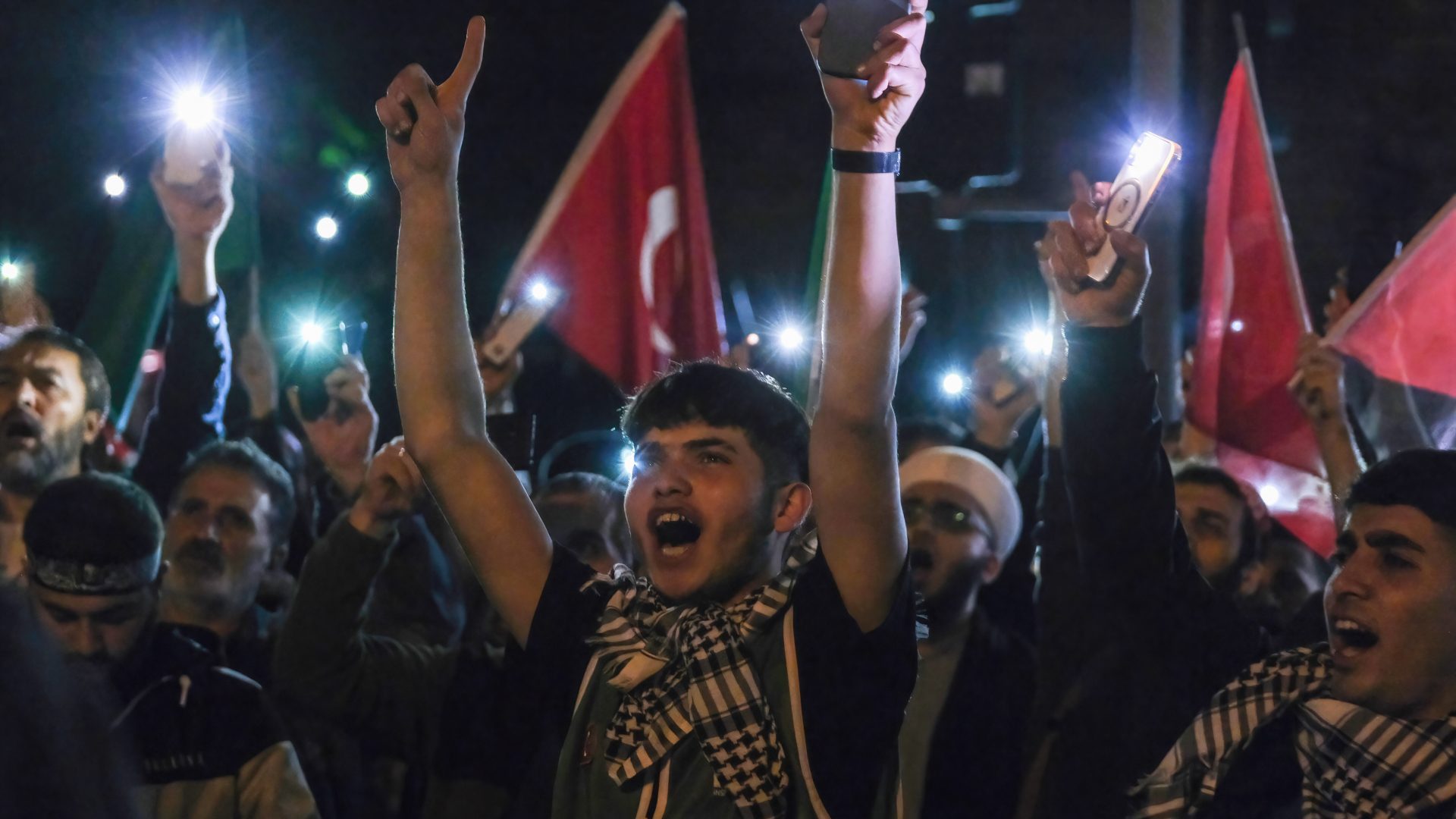The Hungarian prime minister, Viktor Orbán, recently had dinner with the Georgian prime minister, Irakli Garibashvili, both raising a glass to “family values and purity”. We Georgians are proud of being an ancient wine-producing country and the invitation to the wine cellar is also part of our culture. But this was different. In a few weeks’ time, Georgia’s EU candidacy status will be decided in Brussels.
In order to achieve candidacy status, Georgia needs to fulfil 12 criteria. However, during the visit, Garibashvili spent more time highlighting Georgia’s similarities with Orbán’s Hungary than with the EU.
“Orbánisation” and the promotion of conservative or even hard-right ideas across Europe is a threat. It is an even greater threat for emerging democracies such as Georgia, where people look at the EU and its member states in an idealistic way.
“It’s hard to be Christian in Europe,” Orbán told the Georgian press. There were demonstrations on Rustaveli Avenue by people unhappy at his visit.
Here, a more authoritarian political instinct is beginning to emerge. The government now talks about the “rights of majorities”, and this summer’s Tbilisi Pride was attacked by ultra-right radical groups. In 2021 the anti-Pride violence was so bad that a cameraman was killed.
Garibashvili says he is supporting Georgia’s EU integration, but then attacks the very institutions that are urging that integration along. One particular target is the Franklin Club, an association of classical liberals and libertarians dedicated to promoting the idea that individual choice and a market economy are necessary for a free society. Garibashvili called them “Satanists”. Rezi Topuria, one of the founders of the Franklin Club, told me that “the Georgian government’s tendency to criticise the EU and find support in a controversial figure like Orbán indicates a shift in political alliances.” The worry is that Georgia is “steering away from the path towards EU integration.”
Both leaders also echo the Russian narrative on Ukraine. And here again, there is a big rupture between the people and government in Georgia. From the very first days of Russia’s full-scale invasion of Ukraine, the streets of Georgia were full of people protesting against the war. I have never seen so many Ukrainian flags as in Tbilisi. And of course, 20% of Georgia is still under Russian occupation.
“There’s a tendency to cast Ukraine as potentially dragging Georgia into the conflict,” Topuria told me. That strategy aims to present the war in Ukraine as an argument for the political status quo, a crucial piece of message management in the run-up to the elections in 2024. The ruling party’s departure from the Party of European Socialists and the subsequent embrace of pro-Georgian patriotic conservatism signals a strategic move towards ultra-conservative or even far-right politics.
The election campaign is expected to pivot around emotion rather than the critical economic problems the country faces. Part of that will be to encourage “a perceived threat to Georgian identity from the west”, says Topuria. The tactics of instilling fear and invoking national pride are likely to play a central role in that.
This empowers the pro-Kremlin “anti-western” narrative, which is not only a problem for Georgia, Ukraine, or Moldova, but also a threat to the whole European region.
Five days after his visit to Tbilisi, Orbán travelled to China, where he met the president of the Russian Federation, Vladimir Putin. They were pictured shaking hands.



